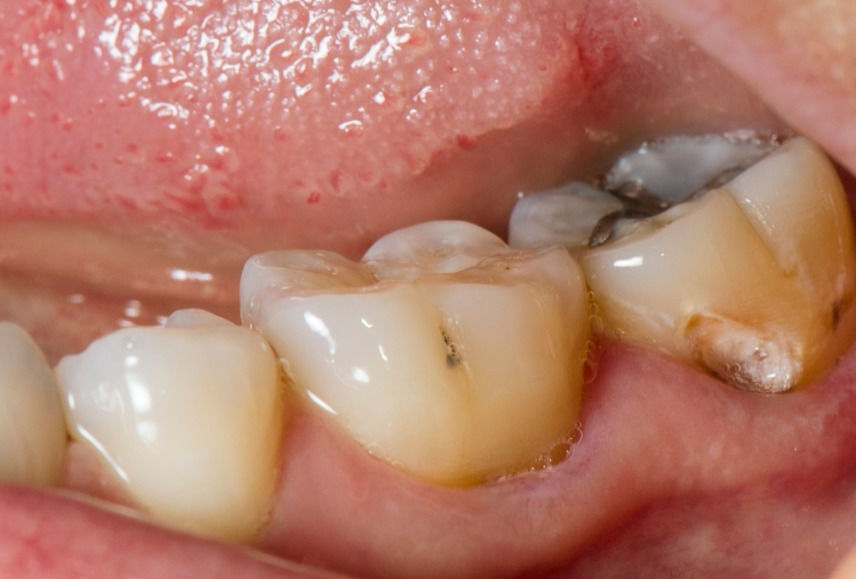How is your liver doing?
- Lola Oni

- Nov 6, 2020
- 2 min read
An utterly amazing organ. The human liver is:
The largest solid organ in the body. Some literature describe it as being the size of a football. But shaped like a right-angle triangle, with the long side against the diaphragm. So, it sits under the diaphragm and above the stomach.

The liver can regenerate itself. The only organ that is capable of doing so!
What does the liver do?
-Stores vitamins A, D, E, K, iron and B12.
-Stores excess glucose as glycogen. So it is involved in blood sugar control (together with the pancreas).
-Produces bile for the breakdown of fat.
-Certain types of liver cells are involved in immune function.
-Makes amino acids and removes the breakdown products such as ammonia.
-Converts toxins to less harmful substances and removes them from the body.
-Has an important role in blood clotting by producing some of the components required for blood clotting to take place.
How the liver becomes overwhelmed.
-Excessive alcohol intake.
-Smoking.
-Not drinking enough water.
-Processed foods.
-Eating large amounts of food.
-Exposure to environmental toxins suck as chemicals and air pollution.
-Inadequate nutrition to help the liver to perform.
-Not enough sleep.
How will you feel if your liver is not 'happy'?
Frequent tiredness
Sluggish
Frequent cold and infection
Allergy
Foggy brain
Bloating
Weakness
Jaundice
(Please Note: These symptoms are not only applicable to a struggling liver. Always consult your practitioner for accurate diagnosis).
HOW TO TAKE CARE OF YOUR LIVER TO TAKE CARE OF YOU.
Drink a minimum of 8 glasses (200ml) daily: This is the only vehicle that moves nutrients around the body and waste out of the body. Inadequate fluid intake leaves the liver processing concentrated forms of the breakdown products of foods and drugs. Also, this leaves a backlog of toxins in the body.
Exercise daily: This helps with improving circulation, carrying nutrients and oxygen to the liver where they are need for usage or storage or processing.
Fresh Fruits and Vegetables: Eating a wide variety of fruits and vegetables ensures that the

liver has the right micronutrients available. It also provides fibre. Vegetables like cauliflower, broccoli, Brussel sprouts, cabbage, fresh ginger, onion, garlic are foods particularly good for the liver. Go for organic foods if you can.
Eating only when hungry: When you eat, the liver swings into action by producing some of the enzymes necessary for digestion. It also prepares to store excess glucose until it is needed. You get the feeling of hunger, when your gut sends a message to the brain. It means the last meal you had, the gut has digested and distributed to the body and has been used mainly for energy. When food is eaten without feeling hungry, there is a ‘pile up’, so to say. Because your body did not need the food. This creates overload and over work for the liver.
Herbal teas: Green tea and fennel tea are some of the teas that have been found to be good for cleansing.
Sleep: A daily 7 to 8 hours of quality sleep is important for good liver function. Without good sleep, the liver is slowed down in its function of regulating glucose level in the blood.
TAKE AWAY
For long term liver health and wellbeing:
Eat Fresh foods
Drink water (minimum 8 of 200ml glasses daily)
Sleep well (quality 6 to 8 hours daily)
Exercise (at least 30 minutes daily)
Herbal teas
Eat only on demand




Comments